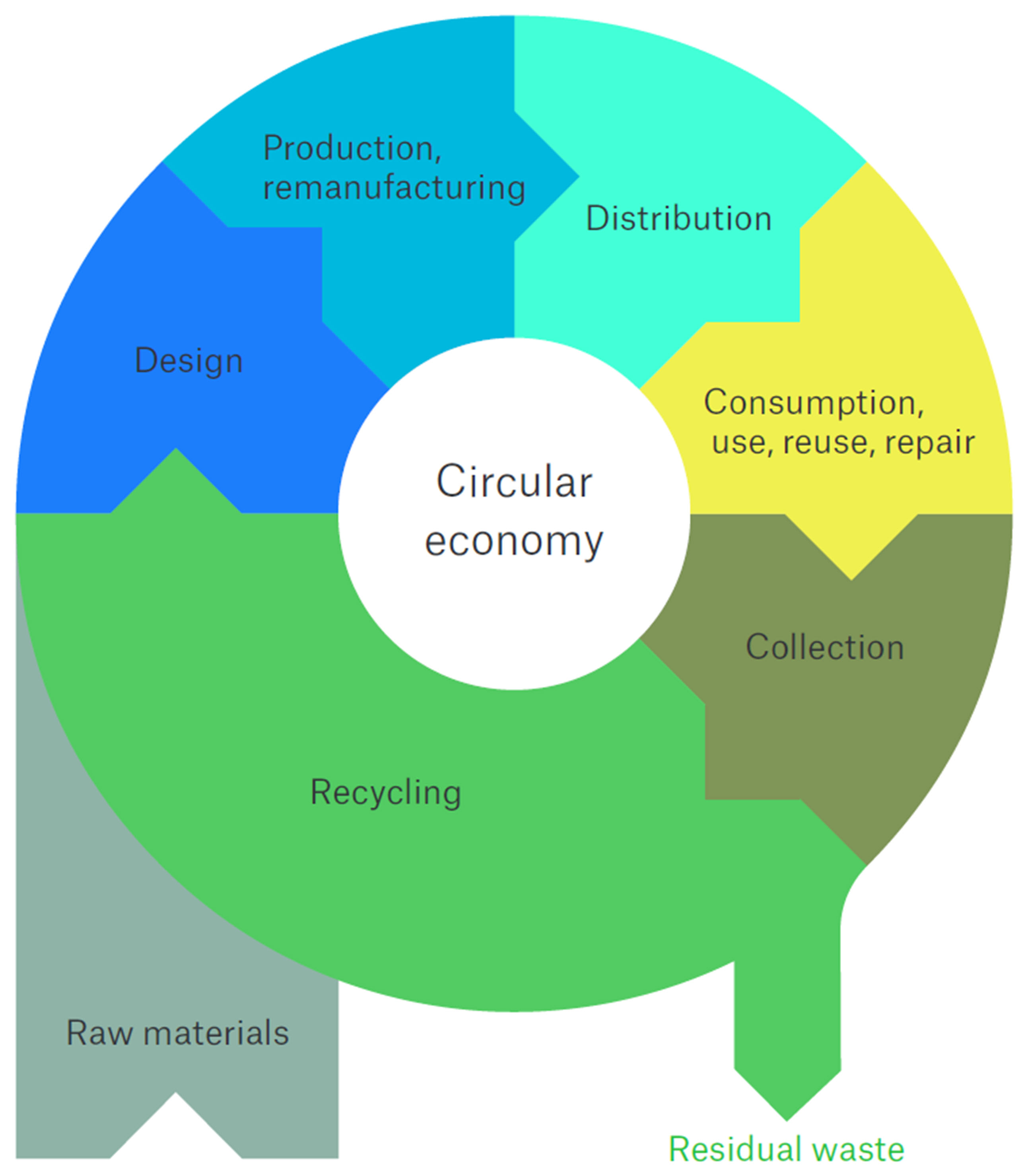
Ten thought-provoking impulses for greater climate protection
2022 DIALOGUE FORUMS
properties.trackTitle
properties.trackSubtitle
We need to take a more ambitious approach and should see climate protection as an opportunity rather than a threat. Ten thought-provoking impulses from the expert discussions at the Dialogue Forums that could point the way towards climate neutrality.
15 March 2023
1) We must expand emissions trading

PROF. OTTMAR EDENHOFER, Director and Chief Economist of the Potsdam Institute for Climate Impact Research and Director of the Mercator Research Institute on Global Commons and Climate Change, Berlin
2) We need a cross-border system for financial equalisation

Annual climate financing gap in the Global South (status 2020)
Data basis: Climate Policy Initiative (2022) and LSE (2022)
3) No climate neutrality without green hydrogen

Even if hydrogen is obtained from “green” production, it should only be seen as one building block in the overall energy transition.
PROF. CLAUDIA KEMFERT
Head of the Energy, Transportation and Environment Department of the German Institute for Economic Research, Berlin
4) The green economy requires a societal transformation

WOLFRAM GÜNTHER
Saxony’s Minister for Energy, Climate Protection, Environment and Agriculture, Dresden
5) Don’t forget the SDGs during the green transformation

United Nations Sustainable Development Goal (SDG) 13 calls for immediate action worldwide to combat climate change and its impacts.
6) We need to rethink our consumer behaviour

Average annual per-capita carbon footprint in Germany
Source: Konsum und Umwelt: Zentrale Handlungsfelder, Umweltbundesamt (2020)
7) We need negative emissions
8) The battle for our planet will be won in the cities
9) We must aspire to create a circular economy

Circular economy
Source: Own diagram Data basis: European Union
10) We need to look beyond the valley of tears

PROF. MEIKE JIPP, Director of the Institute of Transport Research at the German Aerospace Center (DLR), Berlin
Further details can be found in the reports of the 2022 Dialogue Forums














